Applications of Ion Exchange Resin
Ion exchange resins are versatile materials that make it easier to remove or exchange specific ions from solution. They are used in a wide range of applications including domestic, commercial and industrial processes such as the chemical industry, water purification, pharmaceutical applications and these resins are essential for separating materials, purifying liquids and ensuring the efficient operation of various industrial processes.
Water Softening :
Ion exchange methods soften water by replacing calcium and magnesium ions with sodium ions. This improves soap efficiency by reducing the interference of calcium and magnesium ions, resulting in better lather and improved cleaning. Overall, ion exchange improves water quality and cleaning activities.
Water Desalination :
Ion exchange is used to remove all minerals from water to achieve high purity. In this process, the water is initially treated with a cationic resin in the form of hydrogen to eliminate all cations present. Subsequently, the water is passed through an anionic resin in hydroxyl form to remove all anions, including those in the resin. As a result, the newly introduced ions H+ and OH- combine to form water molecules. The resulting water contains minimal amounts of sodium and silica.
Desalination process
Water De-Alkalisation: De-alkalisation is the process of reducing the alkalinity of water. As a result, the hardness and sodium content associated with alkalinity are reduced. Ultimately, these reductions lead to a decrease in the concentration of dissolved minerals in the water.
Specialty Ion Removal Applications: Specialty resins are a class of polymers with different properties and characteristics that make them well suited for specific applications. These resins are made by modifying the base polymer through chemical reactions or blending with other materials. They exhibit excellent thermal stability, impact resistance, chemical resistance and superior mechanical properties, which helps them to be highly sought after in various industries. Among the different types of speciality resins, chelating resins are particularly common and are used for the selective removal of specific metals or ions such as iron, arsenic, fluoride, barium, strontium etc. They are also used in processes such as brine softening.
Nuclear Industry Applications:
Ion exchange resins play a vital role in the nuclear power generation industry, contributing to improved safety measures, efficiency and effective waste management practices. These resins are used for various purposes including removal of radioisotopes, water purification, nuclear fuel reprocessing, decontamination processes and waste management procedures.
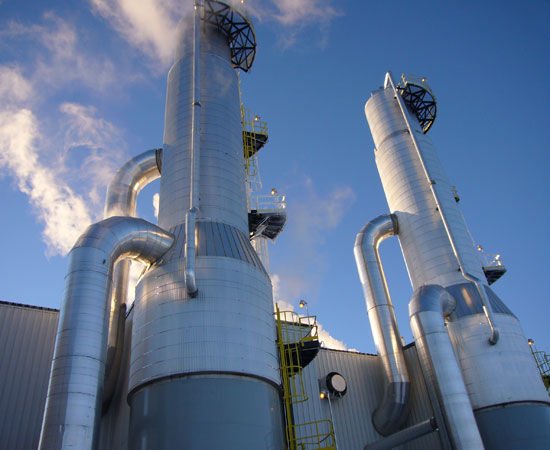
Boiler and Cooling Water Treatment:
Industrial companies often require boiler feed water treatment systems to ensure efficient and high quality steam generation. The presence of minerals and ions in boiler and cooling water can lead to scaling, corrosion and performance degradation, which can result in increased operating and maintenance costs. To prevent these problems, ion exchange resins can be used to avoid plant downtime, costly maintenance and boiler failures. By addressing scaling, corrosion and fouling, the system ensures optimal operation and service life of the boiler and downstream equipment.
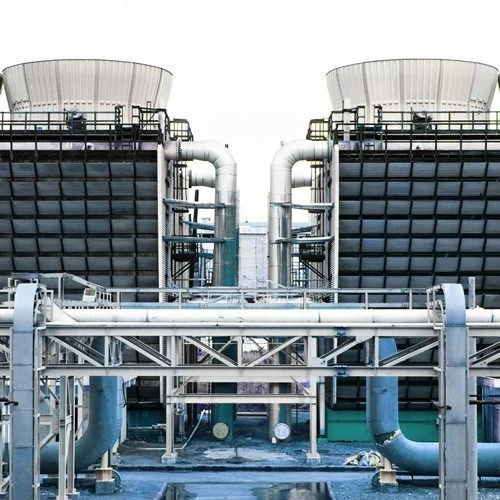
Heavy Metal Removal Applications:
Heavy metal levels in wastewater are increasing with industrial growth and human activities such as electroplating, plating, battery production and pesticide use. These non-biodegradable and potentially carcinogenic substances endanger living organisms and industries that require pure water.
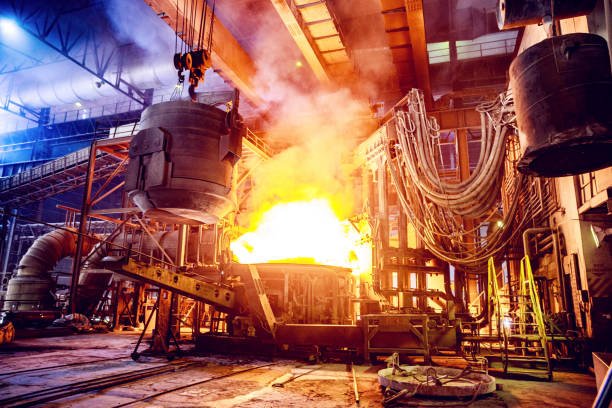
Ultrapure water production applications:
Ion exchange is critical to the final purification of ultrapure water for the power and semiconductor industries. It removes ionic contaminants and meets specific purity requirements. The power industry deals with impurities that cause corrosion, while the semiconductor industry deals with microbiological and particulate contaminants. As the demand for ultrapure water increases, ion exchange is critical to meet quality standards.
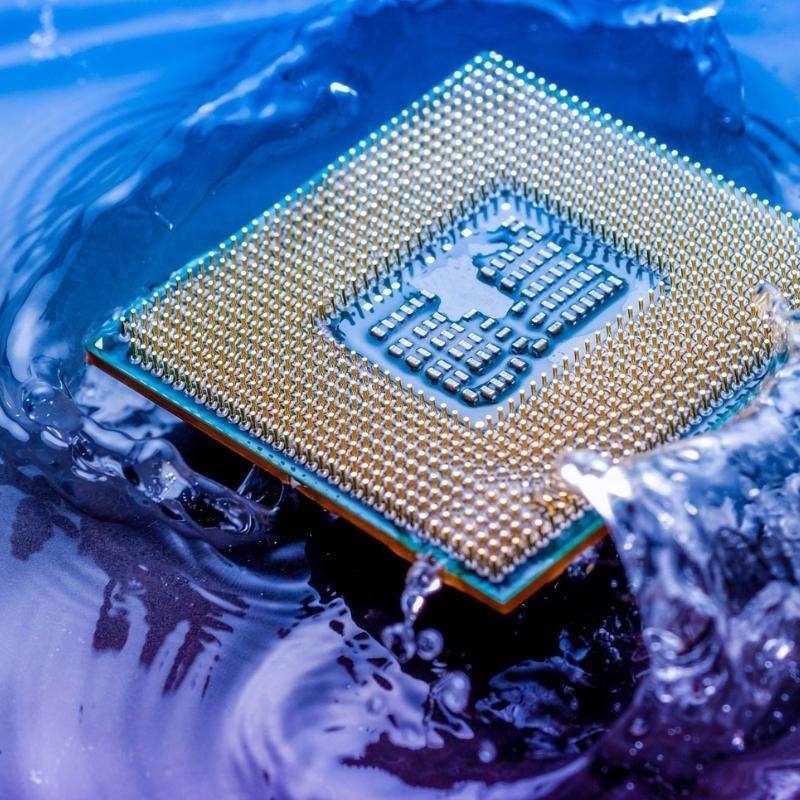
Food and Beverage Industry Applications:
Ion exchange has many uses, such as removing trace elements, replacing substances and separating valuable ingredients. It can also be used as a catalyst. In the food industry, ion exchange is used in sugar production, dairy manufacturing and water purification. It is also used in biochemistry and enzyme purification.
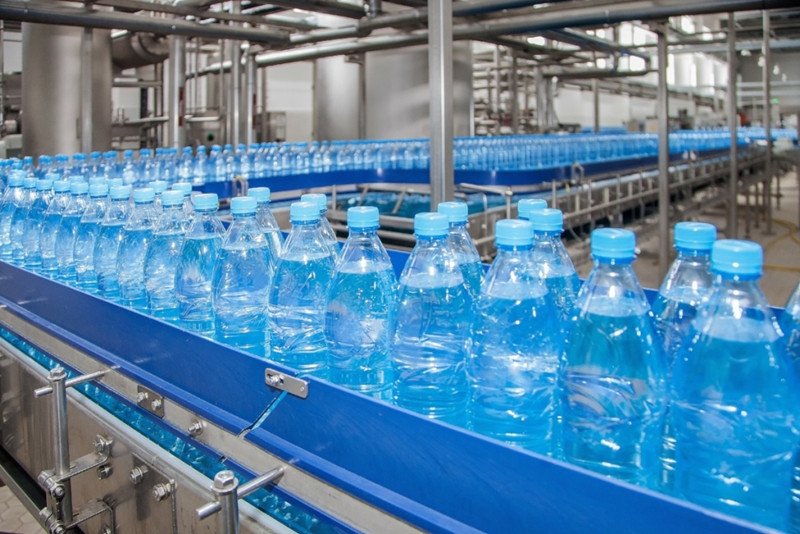
Pharmaceutical Industry:
Ion exchange resins are used in the pharmaceutical industry for a wide variety of purposes such as catalysing reactions, separating/purifying ingredients and as excipients in formulations such as tablets. They perform a variety of functions including taste masking, drug release, tablet disintegration, improved bioavailability and enhanced chemical stability.
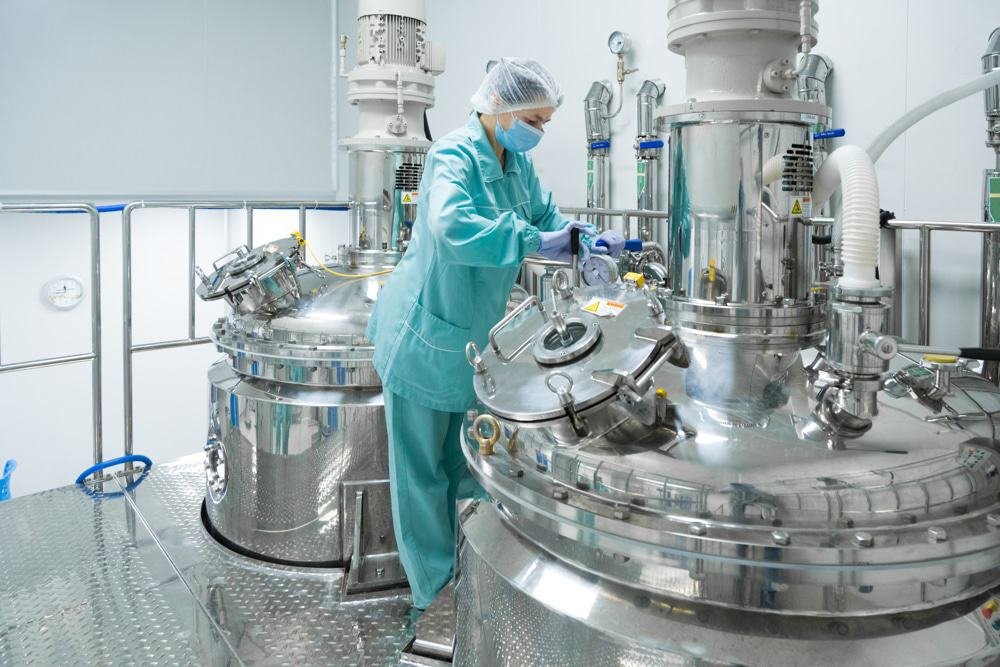
Chemical Industry:
Ion exchange resins are important in different processes in the chemical industry such as extraction of heavy metals, improving surface quality and coatings. They are essential for the manufacture of phenol, chlorine and caustic soda.

Textile Industry:
Ion exchange resins have multiple uses in textile processes and can be used for various applications such as water treatment, chemical recycling, wastewater treatment, process water purification, seawater desalination, detergent regeneration and colour fixation
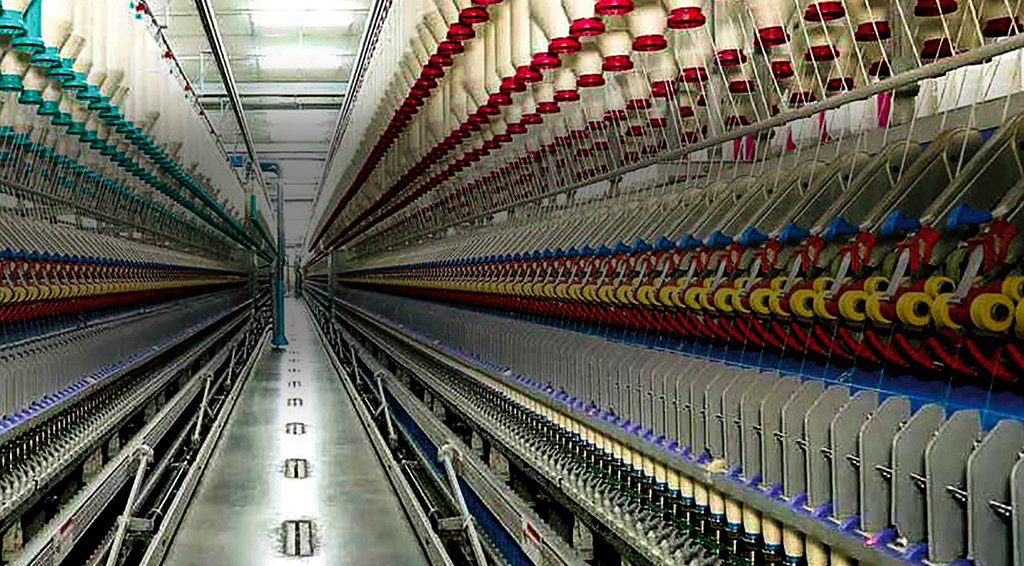
Water Softening :
Ion exchange methods soften water by replacing calcium and magnesium ions with sodium ions. This improves soap efficiency by reducing the interference of calcium and magnesium ions, resulting in better lather and improved cleaning. Overall, ion exchange improves water quality and cleaning activities.
Water Desalination :
Ion exchange is used to remove all minerals from water to achieve high purity. In this process, the water is initially treated with a cationic resin in the form of hydrogen to eliminate all cations present. Subsequently, the water is passed through an anionic resin in hydroxyl form to remove all anions, including those in the resin. As a result, the newly introduced ions H+ and OH- combine to form water molecules. The resulting water contains minimal amounts of sodium and silica.
Desalination process
Water De-Alkalisation: De-alkalisation is the process of reducing the alkalinity of water. As a result, the hardness and sodium content associated with alkalinity are reduced. Ultimately, these reductions lead to a decrease in the concentration of dissolved minerals in the water.
Specialty Ion Removal Applications: Specialty resins are a class of polymers with different properties and characteristics that make them well suited for specific applications. These resins are made by modifying the base polymer through chemical reactions or blending with other materials. They exhibit excellent thermal stability, impact resistance, chemical resistance and superior mechanical properties, which helps them to be highly sought after in various industries. Among the different types of speciality resins, chelating resins are particularly common and are used for the selective removal of specific metals or ions such as iron, arsenic, fluoride, barium, strontium etc. They are also used in processes such as brine softening.
Nuclear Industry Applications:
Ion exchange resins play a vital role in the nuclear power generation industry, contributing to improved safety measures, efficiency and effective waste management practices. These resins are used for various purposes including removal of radioisotopes, water purification, nuclear fuel reprocessing, decontamination processes and waste management procedures.

Boiler and Cooling Water Treatment:
Industrial companies often require boiler feed water treatment systems to ensure efficient and high quality steam generation. The presence of minerals and ions in boiler and cooling water can lead to scaling, corrosion and performance degradation, which can result in increased operating and maintenance costs. To prevent these problems, ion exchange resins can be used to avoid plant downtime, costly maintenance and boiler failures. By addressing scaling, corrosion and fouling, the system ensures optimal operation and service life of the boiler and downstream equipment.

Heavy Metal Removal Applications:
Heavy metal levels in wastewater are increasing with industrial growth and human activities such as electroplating, plating, battery production and pesticide use. These non-biodegradable and potentially carcinogenic substances endanger living organisms and industries that require pure water.

Ultrapure water production applications:
Ion exchange is critical to the final purification of ultrapure water for the power and semiconductor industries. It removes ionic contaminants and meets specific purity requirements. The power industry deals with impurities that cause corrosion, while the semiconductor industry deals with microbiological and particulate contaminants. As the demand for ultrapure water increases, ion exchange is critical to meet quality standards.
Food and Beverage Industry Applications:
Ion exchange has many uses, such as removing trace elements, replacing substances and separating valuable ingredients. It can also be used as a catalyst. In the food industry, ion exchange is used in sugar production, dairy manufacturing and water purification. It is also used in biochemistry and enzyme purification.

Pharmaceutical Industry:
Ion exchange resins are used in the pharmaceutical industry for a wide variety of purposes such as catalysing reactions, separating/purifying ingredients and as excipients in formulations such as tablets. They perform a variety of functions including taste masking, drug release, tablet disintegration, improved bioavailability and enhanced chemical stability.

Chemical Industry:
Ion exchange resins are important in different processes in the chemical industry such as extraction of heavy metals, improving surface quality and coatings. They are essential for the manufacture of phenol, chlorine and caustic soda.

Textile Industry:
Ion exchange resins have multiple uses in textile processes and can be used for various applications such as water treatment, chemical recycling, wastewater treatment, process water purification, seawater desalination, detergent regeneration and colour fixation

Last One :
Next Article :
Related Products
-
.png) Iron Removal ResinPurity : 99.9%Color : Black granules shipped in a dry form
Iron Removal ResinPurity : 99.9%Color : Black granules shipped in a dry form -
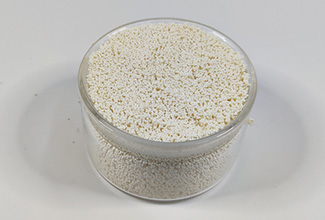 GD200 Thiourea Chelating Resin for Precious Metal Extraction ResinAppearance: Milky to light yellow opacity spherical beadsIonic form:H+Volume complete exchange capacity(mmol/ml):≥1.2
GD200 Thiourea Chelating Resin for Precious Metal Extraction ResinAppearance: Milky to light yellow opacity spherical beadsIonic form:H+Volume complete exchange capacity(mmol/ml):≥1.2 -
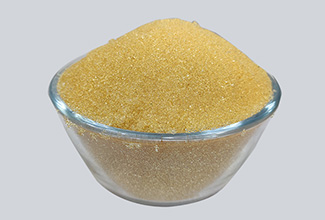 001X8 water softener ion exchange ResinIonic form:Na+Appearance: Claybank to tan transparent spherical particle.The degree of crosslinking : 8%.
001X8 water softener ion exchange ResinIonic form:Na+Appearance: Claybank to tan transparent spherical particle.The degree of crosslinking : 8%.
Message

